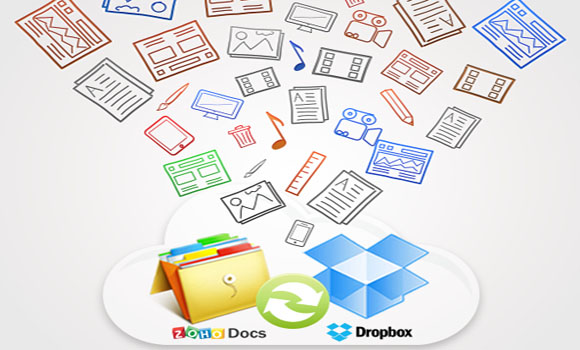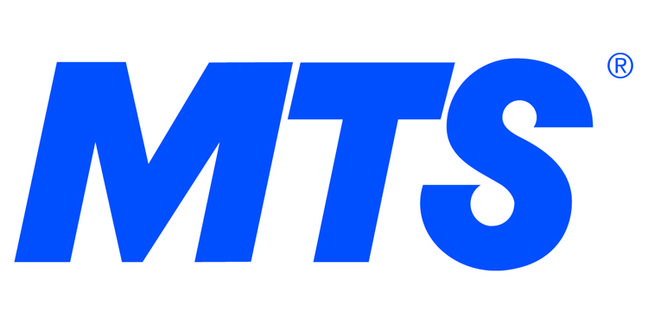Eric Lundquist| Eweek
What’s the right cloud for your business? Keep it all on premise? Build a hybrid? Take the big leap and put it all on the cloud? Amid all the vendor promises and cloud-based startups, picking the right flavor of cloud for your company is not an easy task. With that in mind, I spent a recent evening at the “Cloud Seminar: Choosing the Right Cloud for Your Business,” held in Cambridge, Mass., and sponsored by the Mass Technology Leadership Council.
I walked away with some good advice from executives who have sampled about every cloud flavor imaginable. Here’s what I learned.
1. The business
Start with the business. Rushing for the computing cloud because everyone else is doing it, is a sure way to get trampled. Are you in an established business without big spikes in demand? Are you launching new initiatives that will require new computing capacity? What is the size and skill level of your technology staff? These should all be factored in to your decision. “As far as I can tell, the cloud is magic,” said Mark Imbriaco, technical operations manager at GitHub and someone whose resume includes operations at AOL, 37signals and Heroku. Imbriaco was only being a little facetious in describing the power of the cloud. He went on to outline how a rush to cloud-based infrastructures is a mistake if you have not taken into account cost, capabilities and the pain of having your Internet performance controlled by an outside service.
2. Cost








![Evolution of Data Storage And Recovery: Is Cloud Storage The Solution? [INFOGRAPHIC]](https://xcluesiv.com/blog/wp-content/uploads/2013/11/Evolution-of-Data-Storage-And-Recovery-Is-Cloud-Storage-The-Solution-INFOGRAPHIC.png)




